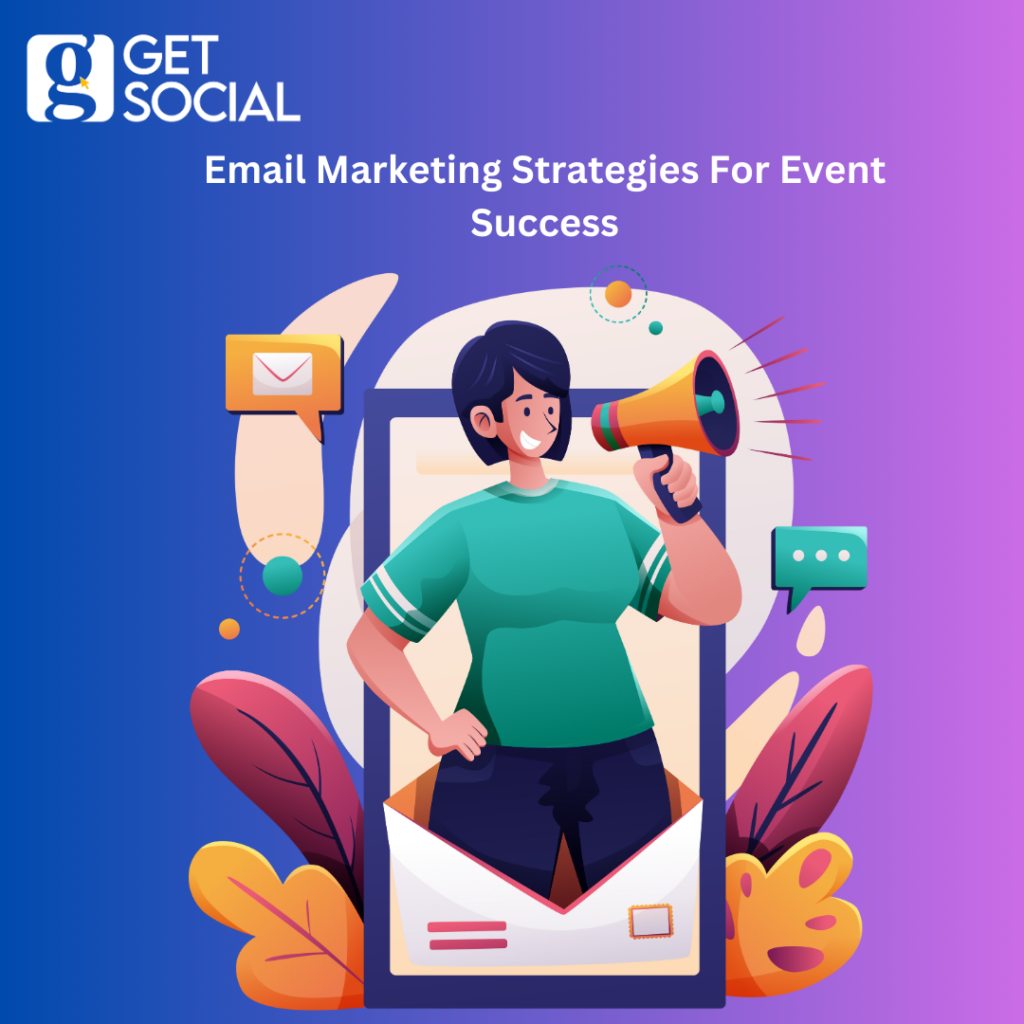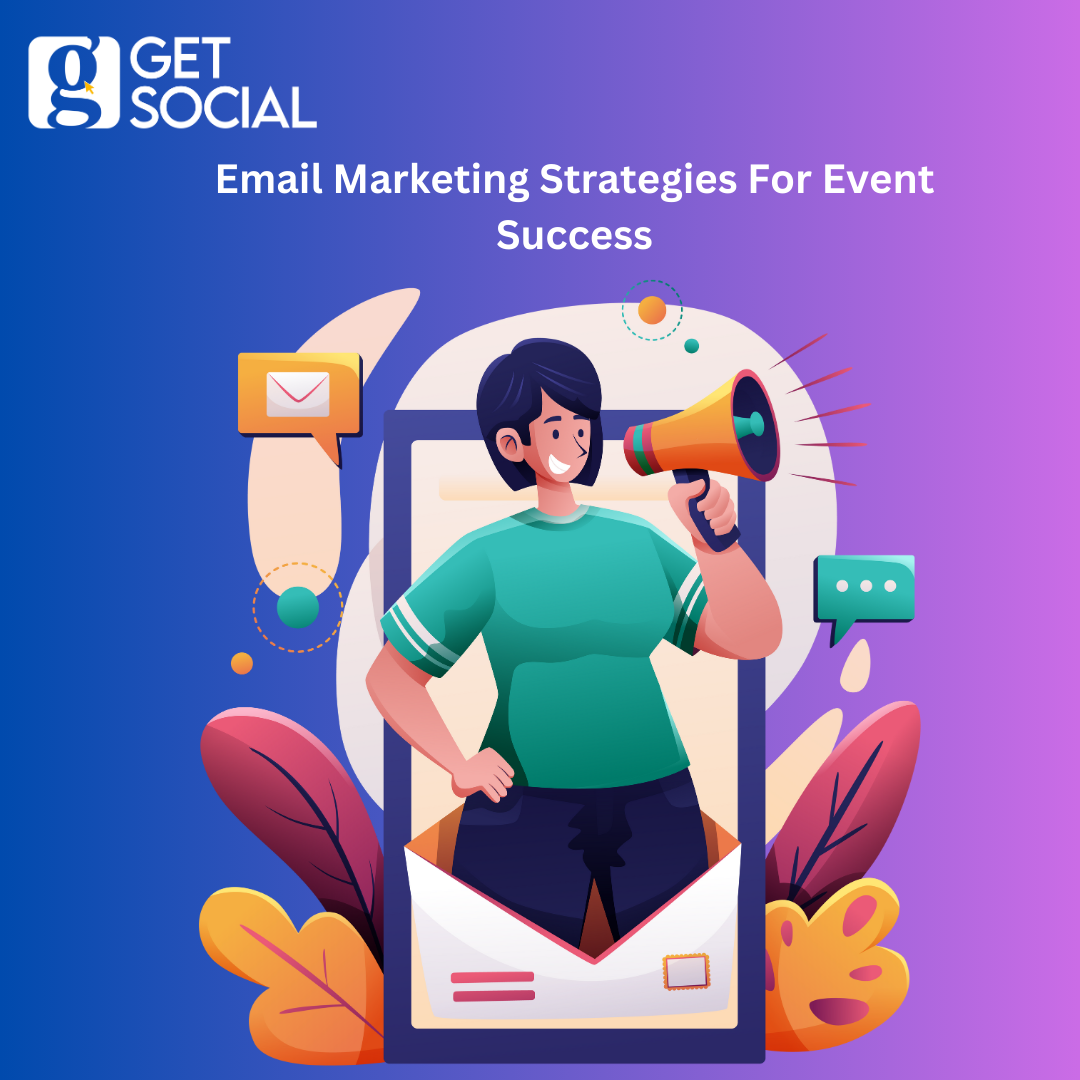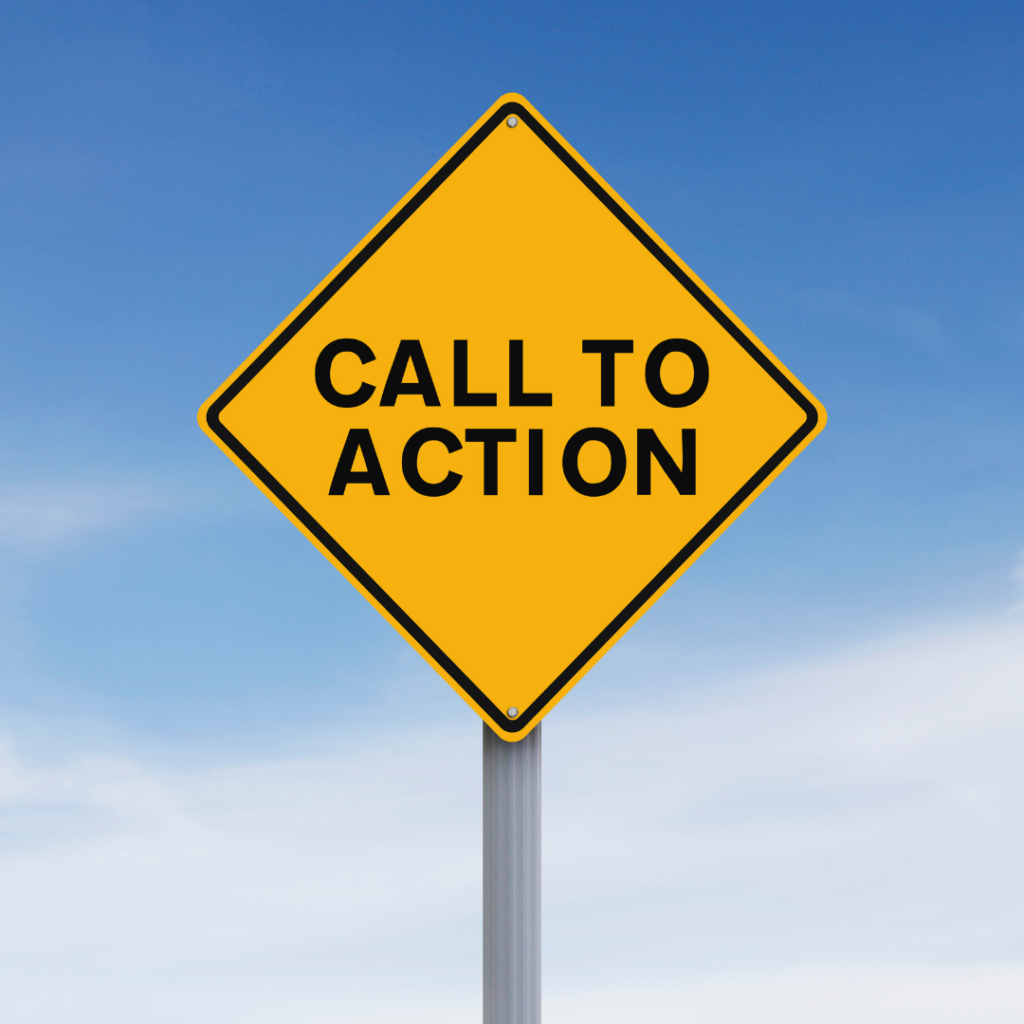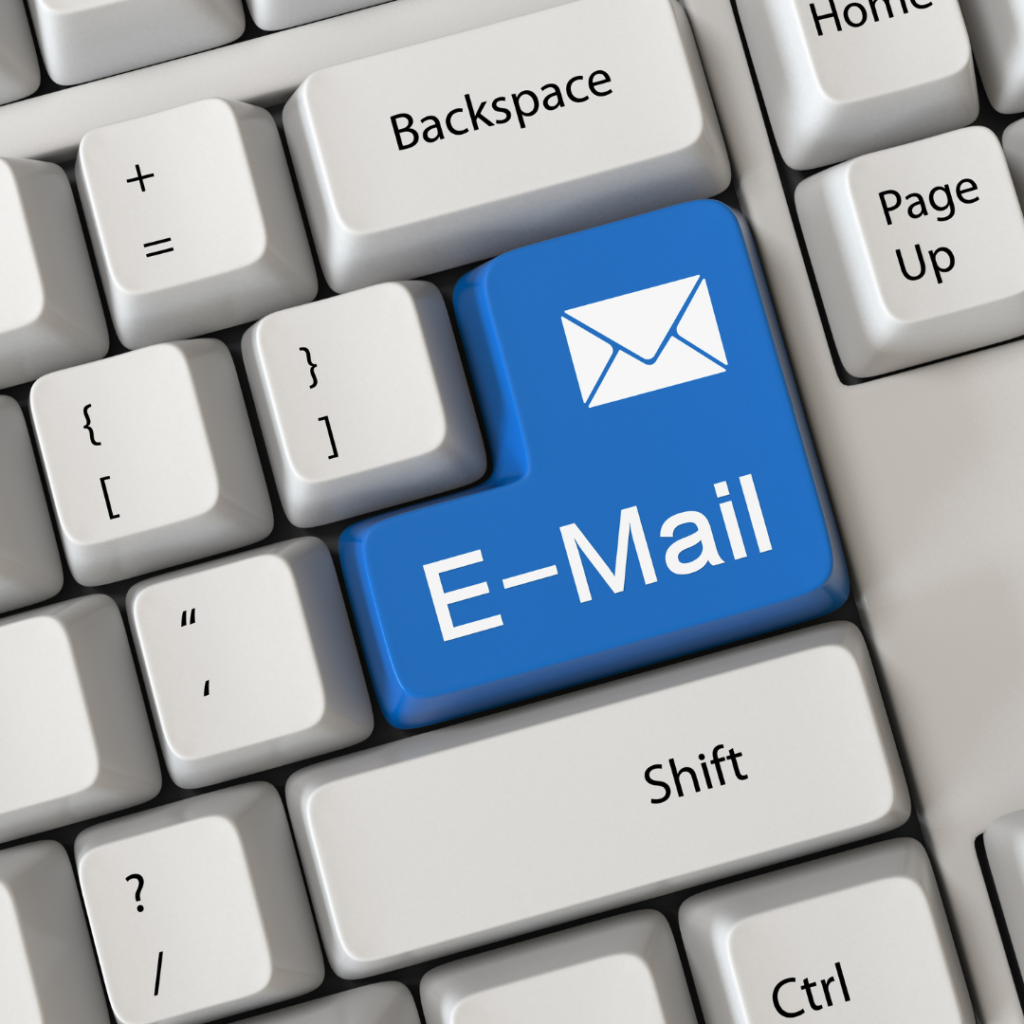Email marketing is a digital marketing strategy that involves using email to communicate with a target audience, share valuable content, promote products or services, and nurture relationships.
It allows businesses and organizations to directly reach individuals who have opted in to receive messages, whether they are existing customers or potential leads. The primary objective of email marketing is to deliver tailored and engaging content, providing relevant information, offers, or updates to subscribers.

What are the Benefits of Email Marketing
Cost-Effectiveness
Email marketing is remarkably cost-effective. It doesn’t require extensive resources, making it accessible to businesses of all sizes. There are no printing or postage costs, and various email marketing platforms offer affordable pricing plans, allowing businesses to reach a wide audience at a relatively low cost.
Direct and Personalized Communication
Emails provide a direct line of communication with the audience. Marketers can tailor content based on recipient interests, behaviors, demographics, or past interactions with the brand. Personalization increases the relevance of the content, making it more engaging and likely to resonate with the recipient.
Increased Conversions
Well-crafted emails, with clear calls-to-action (CTAs), can drive conversions. Whether it’s promoting products, services, encouraging registrations, or prompting website visits, strategic email campaigns are known for their ability to guide recipients toward desired actions.
Targeted Marketing
Through list segmentation and audience management, marketers can send highly targeted content to specific segments of their audience. Segmentation allows for tailored messages, ensuring that the right message reaches the right audience, increasing relevance and engagement.
Measurable Results and Analytics
Email marketing provides detailed metrics, offering insights into campaign performance. Metrics like open rates, click-through rates, conversion rates, and more help in evaluating the success of campaigns. Analyzing these metrics allows for informed decisions and optimizations for future campaigns.
Brand Awareness and Relationship Building
Consistent and valuable communication through emails helps in building brand awareness and nurturing relationships with customers. Regular communication keeps the brand in the minds of the audience, fostering trust and loyalty, leading to repeat business and advocacy.
Email Marketing Strategies For Event Success
1. Segmentation and Personalization
Segmentation is the cornerstone of effective email marketing. Divide your email list based on various criteria like past attendance, interests, job roles, or geographic location.
This enables personalized messaging, where you can tailor content to resonate with each segment. Personalization goes beyond just using the recipient’s name; it involves providing content that matches their preferences and needs.
For instance, offer different session recommendations based on their previous event selections or suggest networking opportunities aligning with their industry.
2. Compelling Subject Lines and Visuals
Crafting attention-grabbing subject lines is essential to increase open rates. Use concise, intriguing language that generates curiosity or urgency. A/B test subject lines to understand what resonates best with your audience.
Incorporate visually appealing elements such as high-quality images, GIFs, or videos that showcase the event’s highlights.
Visuals not only attract attention but also communicate the event’s atmosphere, enticing recipients to explore further and if you are looking for an best event marketing agency in Pimple Saudagar then get social is the place for you.
3. Clear and Concise Messaging
In the body of the email, maintain a clear and concise message. Highlight the event’s unique selling points and key benefits. Use bullet points or short paragraphs to convey essential information about the event, such as keynote speakers, special workshops, networking opportunities, or any exclusive perks for attendees.
Employ engaging storytelling to create a connection and evoke interest in the event.
4. Call-to-Action (CTA) Optimization
CTAs play a pivotal role in encouraging recipients to take the desired action. Ensure CTAs are strategically placed and visually stand out.
Use action-oriented language that prompts users to register, learn more, or avail of exclusive offers. Test different CTA placements, colors, and verbiage to understand what prompts the most conversions.
5. Mobile Optimization
With a significant portion of email opens occurring on mobile devices, it’s critical to ensure mobile optimization.
Use responsive design to ensure that your email layout adapts seamlessly to various screen sizes. Simplify the design, keep content scannable, and ensure buttons and links are easily clickable on mobile screens.
6. Timely and Consistent Communication
Create a well-structured communication plan that starts well in advance of the event. Send a series of emails strategically planned to gradually build anticipation, including announcements, teasers about sessions or speakers, early bird discounts, and countdowns.
As the event nears, send reminders, last-minute details, and instructions. After the event, follow up with thank-you emails and post-event resources.
7. A/B Testing and Analytics
Regularly conduct A/B tests on various elements of your emails, including subject lines, content, CTAs, and visuals. Analyze metrics such as open rates, click-through rates, and conversion rates to understand what resonates most with your audience. Use this data to fine-tune your email strategy for better engagement and conversions.
8. Post-Event Follow-Up
The post-event phase is crucial for nurturing relationships. Send follow-up emails thanking attendees for their participation, sharing highlights of the event, and asking for feedback through surveys or polls.
Provide additional resources or content related to the event, such as session recordings, slides, or blog posts. This reinforces the relationship with attendees and sets the stage for future engagement.
Conclusion
Effective email marketing strategies for events revolve around segmentation, engaging content, precise timing, and the seamless integration of visuals and CTAs.
Creating a personalized experience for recipients, optimizing for mobile devices, and employing analytics to refine future strategies are crucial components.
Post-event follow-up further reinforces relationships and paves the way for sustained engagement. These strategies, when integrated and executed effectively, can significantly impact event success by increasing attendance, engagement, and long-term audience retention. If you are searching for an event marketing company in Pimpri Chinchwad, then look no further than Get Social.





Add a Comment